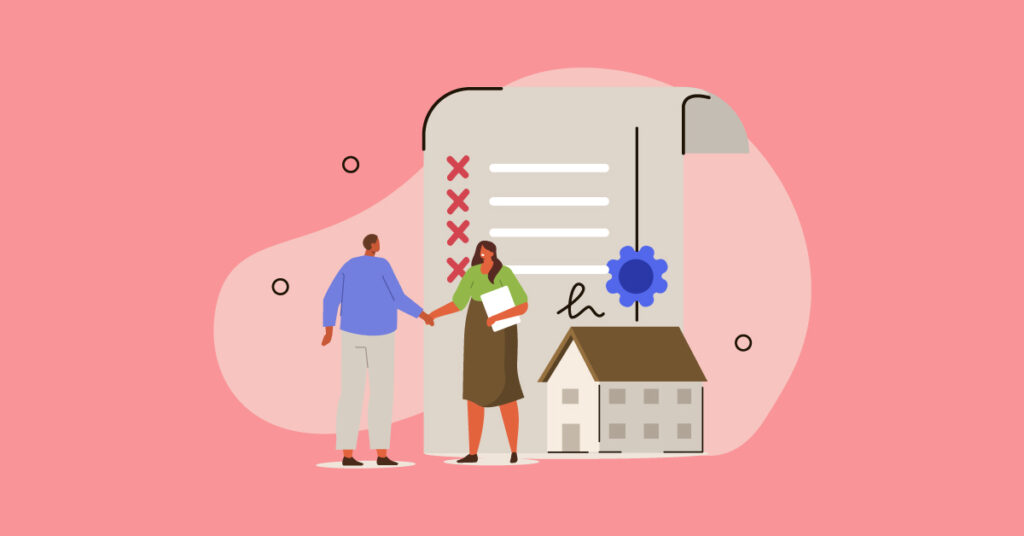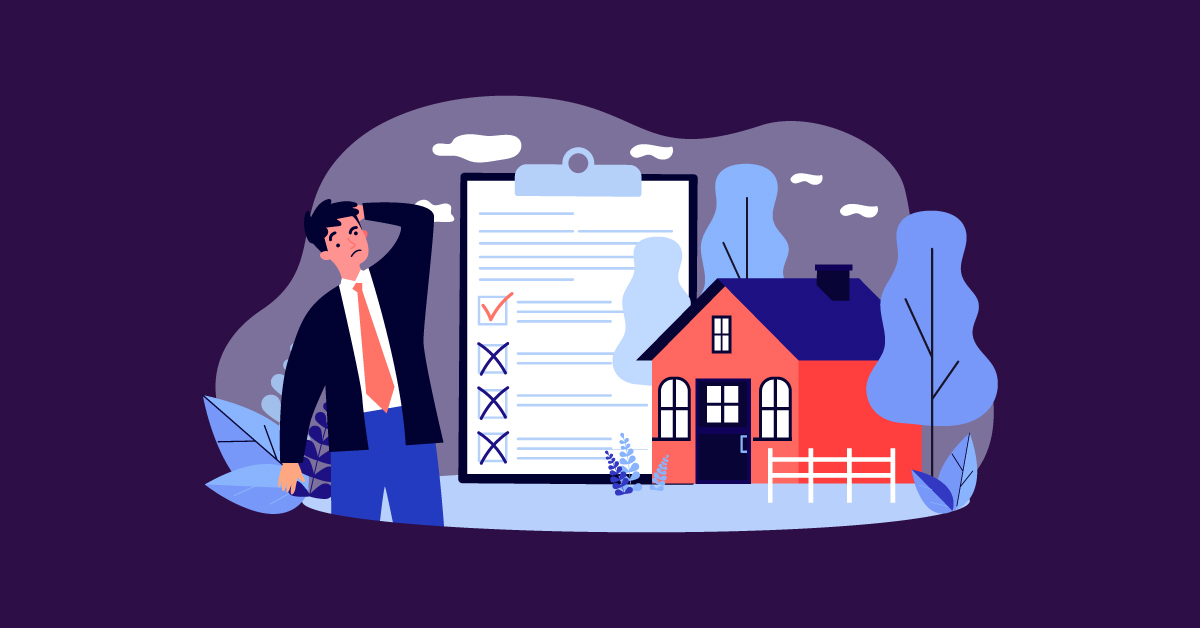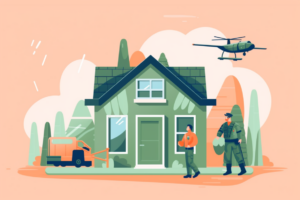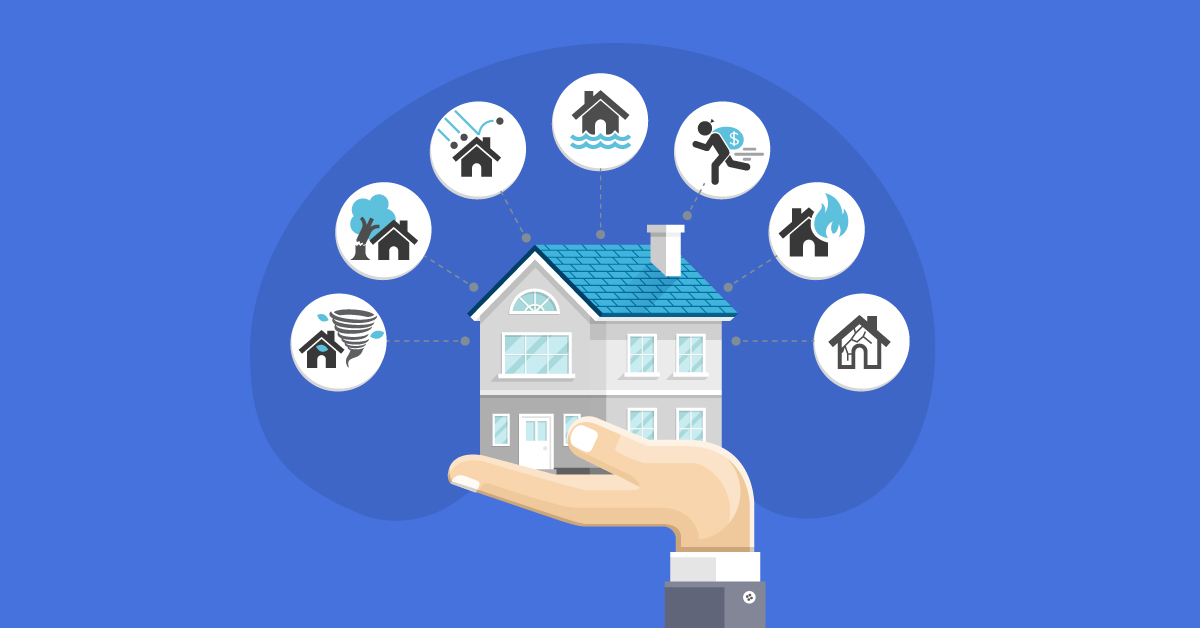Understanding what homeowners insurance doesn’t cover is important to avoid surprise costs down the road. Know what is and isn’t included in your policy to determine if you need to purchase additional coverage.
What Is Homeowners Insurance?
Standard homeowners insurance policies pay out a lump sum to cover the cost of damages, destruction, personal liability, theft, and some living costs. It has two main purposes. One is to protect your assets and prevent you from experiencing financial loss. The other is to comply with the terms of most mortgage lenders.
There are different policy types for all kinds of living situations. However, there are common exclusions you must know about. Additional coverage and add-ons to your policy offer greater protection. In some cases, certain extra coverage is required. Read your policy thoroughly to familiarize yourself with the terms and details, as all policies differ.
Which Events Are Not Covered by Homeowners Insurance?

Homeowners insurance covers various types of damage, but it doesn’t include everything. Events and property that are left out are generally caused by the homeowner’s negligence or occur on a massive scale that the insurance company cannot cover. These categories are some of the most common exclusions you should look for when purchasing an insurance policy.
Destruction and Catastrophe
Acts of the United States government, damage due to a nuclear accident, or acts of war are not covered by your homeowners insurance. However, if a nuclear accident occurs, the nuclear power plant is liable for damages. An example of a government act is when your property is claimed for eminent domain during government-backed public works projects.
Natural Disasters
Most states exclude many natural disasters and catastrophic events that affect wide geographical regions from homeowners insurance coverage. Some events include:
- Earthquakes
- Sinkholes
- Other earth movements
- Floods
- Landslides
- Wind damage
- Other natural disasters that vary by geographic region
Check the terms of your policy and ask about options for adding additional coverage. Not all natural disasters have insurance available for purchase to mitigate potential financial loss. Others require you to purchase another policy. Flood insurance, for example, is always a separate policy and is available through the National Flood Insurance Program. Certain geographical locations prone to natural disasters may require homeowners to purchase specific coverage, such as high-risk flood areas.
Negligence or Wear and Tear Damage
The sole purpose of homeowners insurance is to cover events and accidents that are outside of your control. Maintenance issues and damages that stem from your own negligence and failure to take care of your property aren’t covered by a typical homeowners insurance policy. This includes:
- Termites, mice, and other infestations
- Mold and water damage
- Hidden defects in the structure
- Sewer backup
- Mechanical breakdown
- Normal wear
Most of these exclusions are not covered because they are preventable if the proper measures are taken to inspect and maintain your home. For example, if you notice overhanging tree branches and fail to trim them, roof damage from falling limbs is considered negligence and not covered.
Exceptions to the above exclusions are sometimes made for widespread damage from a hidden infestation of termites that was invisible and therefore undetectable. In the case of normal wear and tear, your insurance company won’t cover expected losses, such as carpets that need replacement after years of use.
It’s critical that you conduct regular inspections of your home to ensure that everything is in good shape and working order. Early detection of issues is key to fixing them before they cause further problems that require costly repairs.
The deciding factor in whether the particular damage you experience is covered by your insurance is the underlying cause of the event. Ignoring a dripping faucet and then sustaining water damage is considered negligence. Pipes freezing and bursting following a power outage is not negligence. If you need to file a claim for your homeowners insurance, do it immediately and follow the proper procedures. Your insurer might deny the claim if you wait and the damage continues to worsen.
Excluded Property
Types of property that are considered particularly hazardous are often left out of standard policies. These are associated with a high risk of injury:
- Trampolines
- Diving boards
- Treehouses
Ownership of these property types can significantly increase your insurance premiums or make it difficult to find a policy at all. You may need to remove the item in question from your home before the carrier agrees to insure you. Some insurers offer riders the chance to purchase additional coverage for high-risk items.
Excluded Pets
Certain dog breeds are also excluded from your homeowners insurance. The exact list varies widely by insurer. Common breeds that are often not covered include German shepherds, pit bulls, and Rottweilers. Your insurance company may refuse coverage entirely, or just outline that any damage or injuries caused by your dog are not covered events for your policy.
Coverage Limits
Complete exclusions are not the only thing to consider when determining if you need extra coverage. There are also limits to the coverage you do receive on some valuables. There are typically assigned maximum dollar limits for items like jewelry, furs, art, and other unique and expensive belongings. Check your policy to determine if limits apply to each item individually or as a collective group. The loss of expensive jewelry from theft is often far greater than what the standard homeowners insurance policy covers. If you have valuables, an add-on or separate policy to obtain higher coverage is a good idea.
What Coverage and Policy Types Do I Need?
If you own a home, at a minimum, you should carry a basic homeowners insurance policy. Calculate the amount of insurance you require based on your property structure, assets, and typical risks associated with your location. Compare policies with your needs and preferences to find the best rates and coverage for your situation. Additional coverage to give you peace of mind and lower your risks of future financial losses are available to purchase through endorsements added to your policy.
You might also be interested in: The 12 Biggest Homeowners Insurance Mistakes





